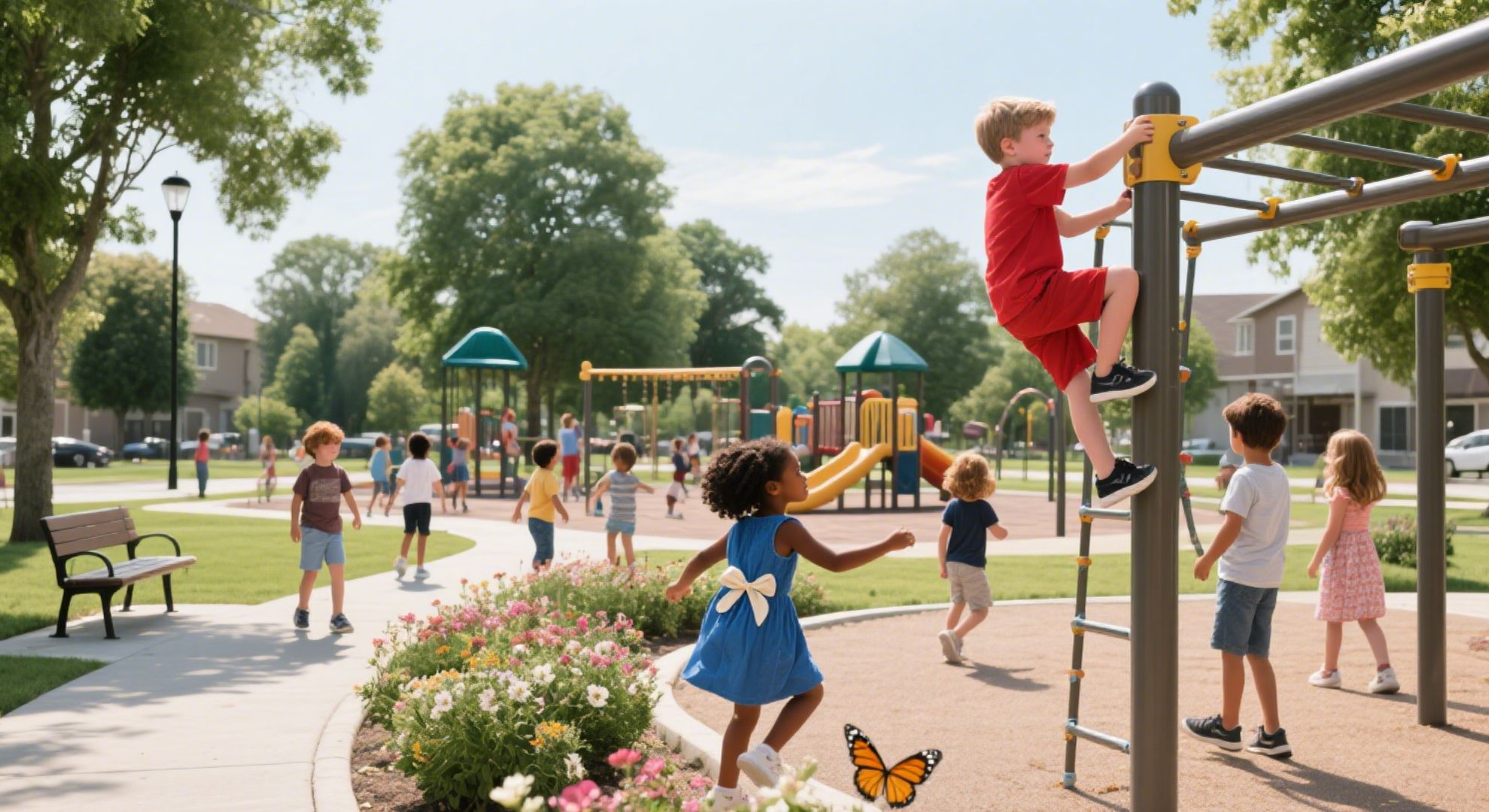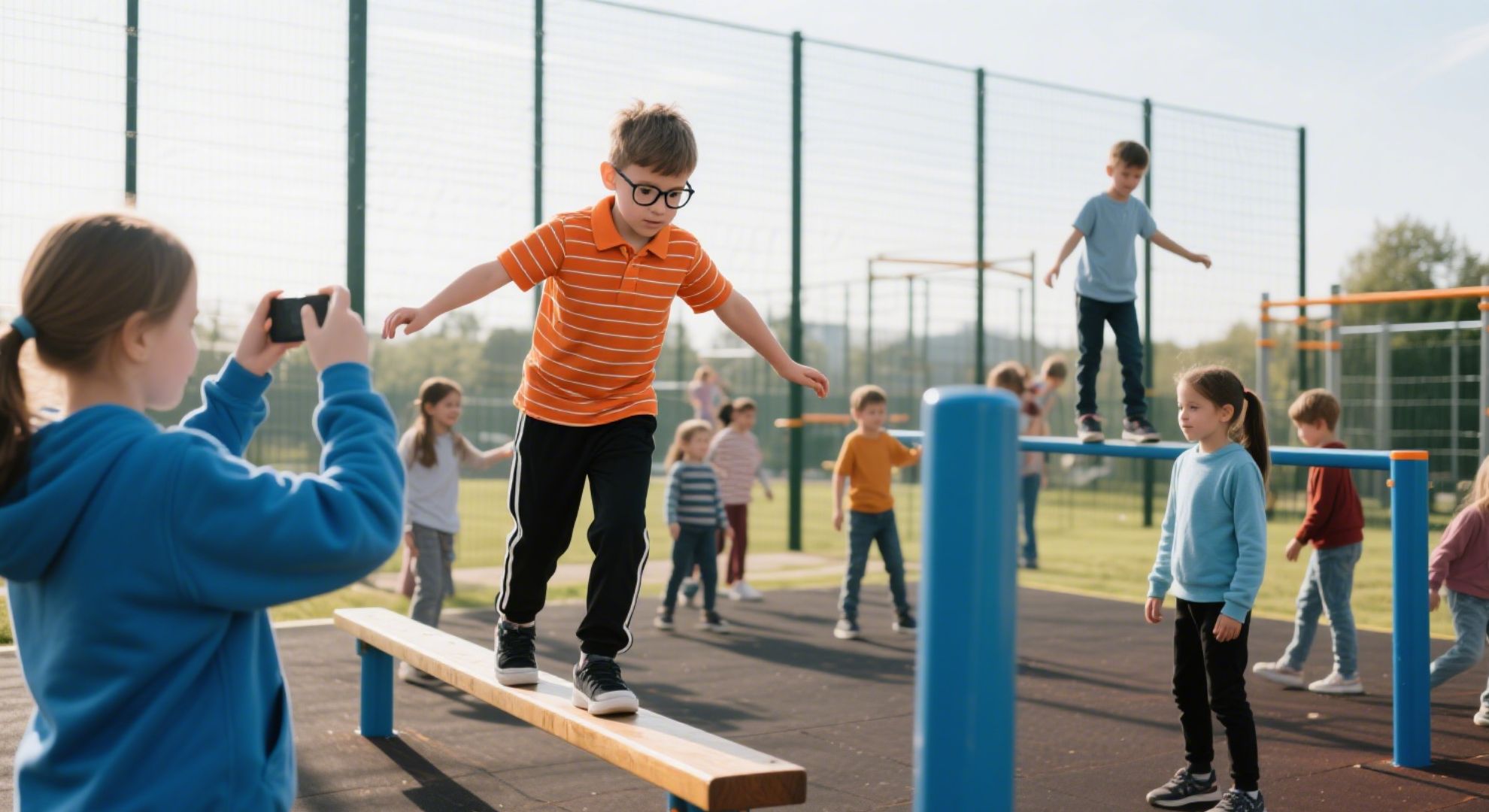How to Create a Pocket Park That Transforms Your Community?
2025年6月27日 / By SafeKidsPlay
Pocket parks—also known as mini parks or vest-pocket parks—are small-scale green spaces typically built on unused or underutilized urban land. Despite their compact size, they can make a significant impact by providing accessible recreation, fostering social connections, and improving neighborhood aesthetics. For cities with limited space, pocket parks offer a cost-effective solution to bring play and relaxation closer to home.
Step 1: Identify the Ideal Location
Choosing the right spot is crucial. Look for unused corners, vacant lots, alleyways, or even rooftops. Important factors include:
-
Accessibility: Can residents walk there easily?
-
Safety: Is it visible and well-lit?
-
Ownership: Ensure clear land ownership and obtain necessary permits.
Tip: Collaborate with local councils, schools, or developers who may support community-focused initiatives.
Step 2: Understand Your Community’s Needs
A successful pocket park reflects the needs of its users. Engage with residents through surveys or focus groups to determine:
-
Age groups (children, seniors, adults)
-
Preferred activities (play, relaxation, fitness)
-
Safety and inclusivity requirements
As a playground equipment manufacturer, we recommend including features for multiple age ranges, such as climbing walls, balance beams, or sensory play areas.
Step 3: Design with Purpose and Creativity
Even with limited space, smart design can maximize functionality. Consider:
-
Zoning: Separate active play areas from quiet relaxation spots
-
Materials: Use durable, low-maintenance, and eco-friendly materials
-
Greenery: Incorporate shade trees, shrubs, or vertical gardens
-
Play Equipment: Choose modular or multi-functional structures tailored for compact areas
At our factory, we specialize in customized solutions for small footprints—ensuring that even a 100-square-meter park can include high-impact play structures.
Step 4: Choose the Right Equipment
In small parks, every piece of equipment counts. Focus on versatile, space-saving items that promote movement and social interaction, such as:
-
Compact slides and climbers
-
Swing sets with toddler and inclusive seats
-
Seesaws, spinners, or spring riders
-
Outdoor fitness stations for teens and adults
All equipment should comply with international safety standards like ASTM or EN1176.
Step 5: Consider Long-Term Maintenance
To keep the park safe and inviting:
-
Use weather-resistant materials (powder-coated steel, HDPE panels, anti-UV coatings)
-
Plan for regular inspections and cleaning
-
Train community volunteers or partner with local services for upkeep
Our factory offers long-term support, including spare parts, user manuals, and remote guidance for maintenance.
Step 6: Add Community-Centric Features
Pocket parks can do more than provide play—they can become hubs of connection. Consider adding:
-
Benches and picnic tables
-
Murals by local artists
-
Bulletin boards for community news
-
Drinking fountains or hydration stations
Final Thoughts: Small Parks, Big Impact
Creating a pocket park is an investment in your community’s health, happiness, and cohesion. With smart planning and the right playground equipment partner, even the smallest spaces can bring big smiles.
Need expert help designing your pocket park?
We specialize in compact, customized playground solutions tailored to your budget and space. Contact us today for a free design consultation!

